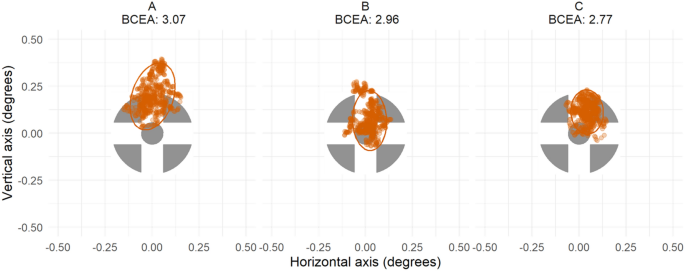
In a groundbreaking study, researchers have developed a comprehensive battery of computerized eye-tracking assessments (CEAs) to evaluate and distinguish between individuals who are healthy, those with recent mild traumatic brain injury (mTBI), and individuals suffering from persistent post-concussion syndrome (PPCS). The study conducted in a controlled environment assessed the useability and reliability of these CEAs, which are designed to evaluate oculomotor function, visual processing, and attention.
The CEAs included a range of tests such as egocentric localization, fixation stability, smooth pursuit, saccades, Stroop tests, and an assessment of the vestibulo-ocular reflex (VOR). The reliability of the CEA battery was gauged using a two-session test-retest method with 35 healthy adults. Furthermore, researchers utilized a machine learning model to analyze CEA data from an additional 115 participants, which included 55 healthy individuals, 20 experiencing mTBI, and 40 suffering from PPCS. The model successfully differentiated between these groups with a balanced accuracy rating of 0.83 for the control group, 0.66 for mTBI, and 0.76 for PPCS, showing promising potential for clinical application.
Source: Nature.com
